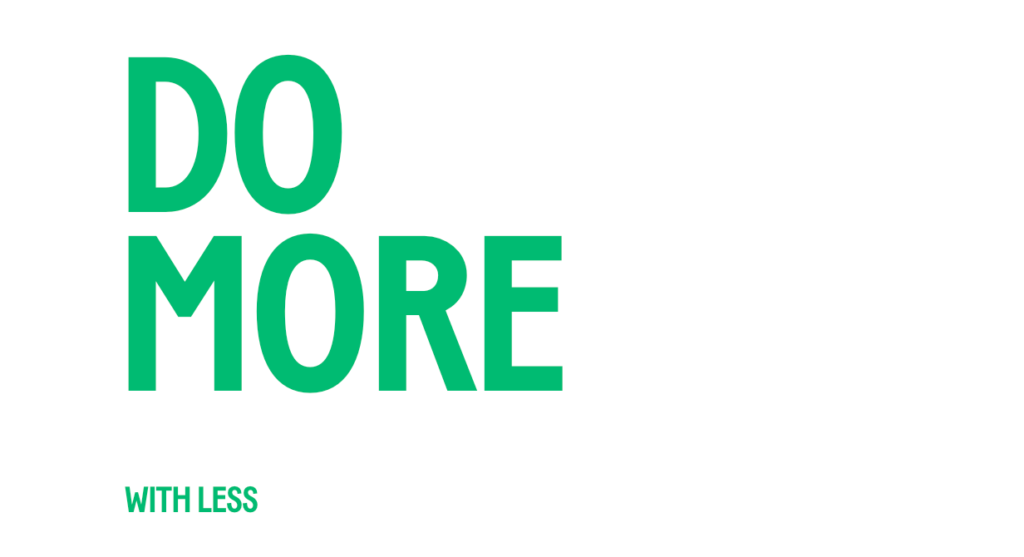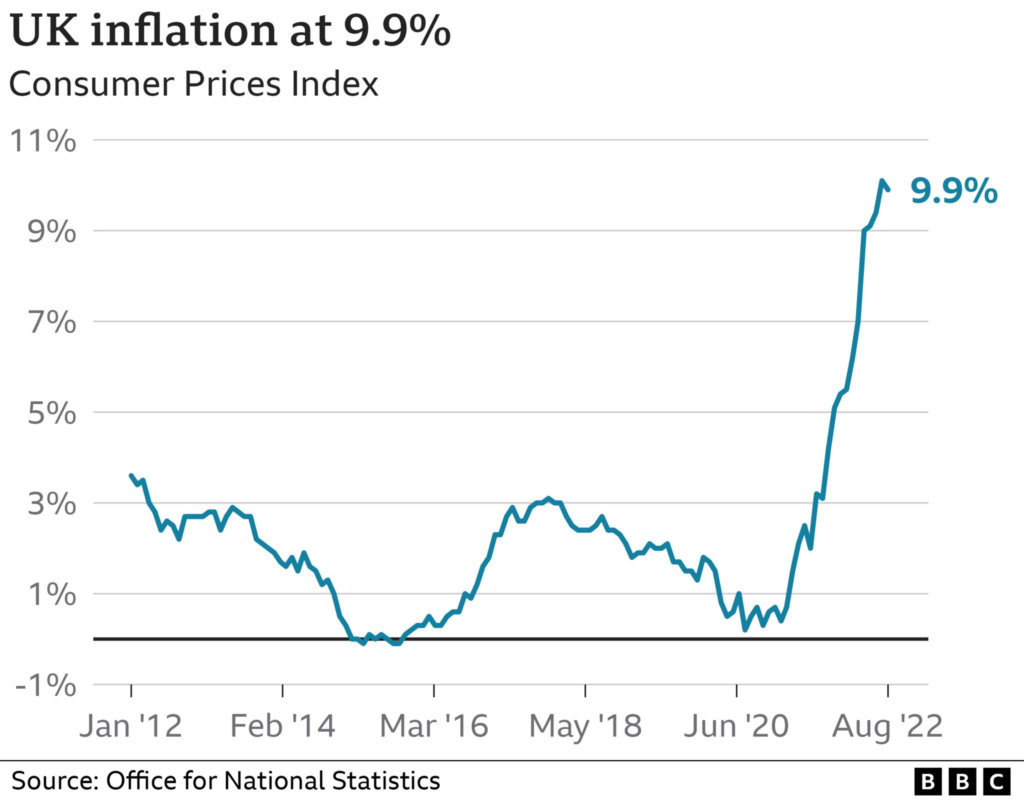By Richard Johnson
There was a time not that long ago when the product or service described as ‘sustainable' was seen as the worthy, ultimately less exciting alternative. 20 years ago taking someone to a restaurant famed for its sustainably sourced ingredients, maybe have evoked more apprehension than glee. The idea of eco clothing, definitely evoked images of Marcus from About a Boy more than the Met Gala.

You get the idea. The descriptor “sustainable” (and eco, and green, and all the rest) has had a triumphant reframing over the last 2 decades. It no longer signals sacrifice, or inferiority, instead it has become a key indicator of quality, of craft, of innovation, of mine-is-better-than-yours.
This is surely a victory worth celebrating for sustainability. Consumers happy to pay a little more for products of higher quality, which last longer, and have less environmental impacts in production, can only be a good thing for our planet. Yet, this has happened against of backdrop of a much more negative trend.
People’s expectations, motivations and habits when it comes to consumption are completely warped. Sustainability’s improved reputation has taken place in the shadows of ever more rampant consumption. People buy for self-worth, they buy because they can, because it’s there; cheaper, and more abundant than ever before. If the discerning customer’s new appreciation of sustainability has been the noticeable exception, the rule has been that more and more people want it now, they want it cheap, and they don’t care how it got here.
Despite some important wins for sustainability, the world was never on the cusp of a quality revolution. Now, in the midst of cost of living crisis, with inflation sky rocketing and real wages falling the quickest they have since records began, any hopes of that revolution seem laughable.
Does that mean all hope is lost? Not at all.
Making people desire more sustainable things, is a piece of the puzzle, but not the whole picture. In fact, it’s perhaps not even a particularly important piece. More of an edge piece with a straight edge, filled with blue sky that you lay down early on. The more important piece, and the more important opportunity, has always been our ability to give people more with less.
In our book Mission Lit, we note that any promise of revolution will come from the fact that on a squeezed and exhausted planet, sustainability will become fundamental to growth, and technology will up-end much of the existing economy, in ways we cannot predict, and at a pace we cannot control.
This context presents two opportunities for doing more with less: firstly you can make goods and services accessible to those who previously didn’t have access to them, and secondly you replace resource-intensive products and services with ones that are radically more efficient.
The really good news is that doing either of these only becomes more attractive in a cost of living crisis, not less.
Take a startup like By Rotation, the fashion app that allows user, known as “Rotators”, to rent or loan outfits to/from women up and down the country. Buy a new 6/10 Zara dress for that wedding that you’ll never wear again, or rent someone else’s 10/10 Dolce & Gabbana dress? By Rotation’s seamless experience is making it very easy to answer that question, and despite the cost of living crisis, the business is booming. Rotators, can now choose from over 35,000 items on the app.

I could go on about the virtues of this excellent idea brilliantly executed by first-time entrepreneur Eshita Kabra-Davies, but the point I want to make is that she has found a way to do a lot more with a lot less. By Rotation both makes things accessible to those who previously didn’t have access to them (by offering access to luxury clothes rather than owning them, or on the flip side owning those clothes, but recouping your money by giving others access to them), and it replaces the resource-intensive production and consumption of clothes, with the radically more efficient model of sharing existing clothes. Some Rotators are making £250-£300 a month from clothes which would otherwise just be sitting in their wardrobe.
This is the alchemy we need from entrepreneurs trying to mainstream sustainability. Now, during the cost of living crisis, and forever more.
If we zoom out from the micro of products and customers, and look at the macro situation our economy finds itself in, the mantra of doing more with less is not only a way to survive these times, but a way out of them.
Our current leadership of Truss and Kwarteng are right that we need to find growth, they just have no idea how it’s created. For them growth is an assumed consequence of lowering taxes. A convenient leap of logic that justifies the “GCSE economics” ideology they have built their impenetrable world views around. Well, as we’ve seen, they may like the free market, but the free market doesn’t like them or their ideas.
Inflation is where it’s at because of the scarcity of resources which are essential to our lives. Mainly energy, and the fossil fuels burned to create them, which is integral to every product and process in our global economy, which has been compounded by the inefficient movement of stuff around and world post pandemic and post Brexit. This scarcity was brought into sharp - and indeed jagged - contrast by the war in Ukraine.
People will tend to continue to spend money on these scarce resources on things until it hurts; that’s essentially what inflation is. A way to make it hurt more. The more it hurts your pocket the less you’ll spend.

The Bank of England have raised interest rates to help speed up this painful process, and correct things. When there’s finally less demand for the resources, the price will begin to go down again.
But being forced to spend less on essentials like heating and food, can equate to destitution not frugality.
After the economic funk caused by the covid lockdowns, we were told to spend our way back to economic health. It’s how economies thrive, right? Shopping was painted as an act of national heroism; all our livelihoods depended on it in someway, after all. But now our spending is causing inflation. How confusing.
What these oversimplifications failed to mention was that it might be better to spend our money on somethings and not others. Decades of complacently doing less with more has created this mess. Right now as we spend every penny we have on resource-intensive heating, our money goes straight to those who own the scarce resources, and nowhere else. Now we have to do less with less, the only behaviour we know is to spend until it hurst to do so.
Doing more with less -for example, insulating homes - has been wilfully deprioritised. Spending on measures like this could have had the economic benefits we were told consuming had post pandemic, without causing crippling inflation. Investments could have already paid themselves off, jobs could have been created, and many people would not have had to experience starvation or freezing homes.
To thrive in this crisis, to stop the impending recession and to build a better future, governments and entrepreneurs need to become alchemists. They should lead with the question “how can we do more with less?”. More of everything. More pleasure, more beauty, more fun, more innovation, more comfort, more food, more opportunity. Follow the lead of alchemists like Eshita at By Rotation, who show the technology is ready, the business models are ready, and when they get to reap the benefits of having more for less, the general public are ready too.